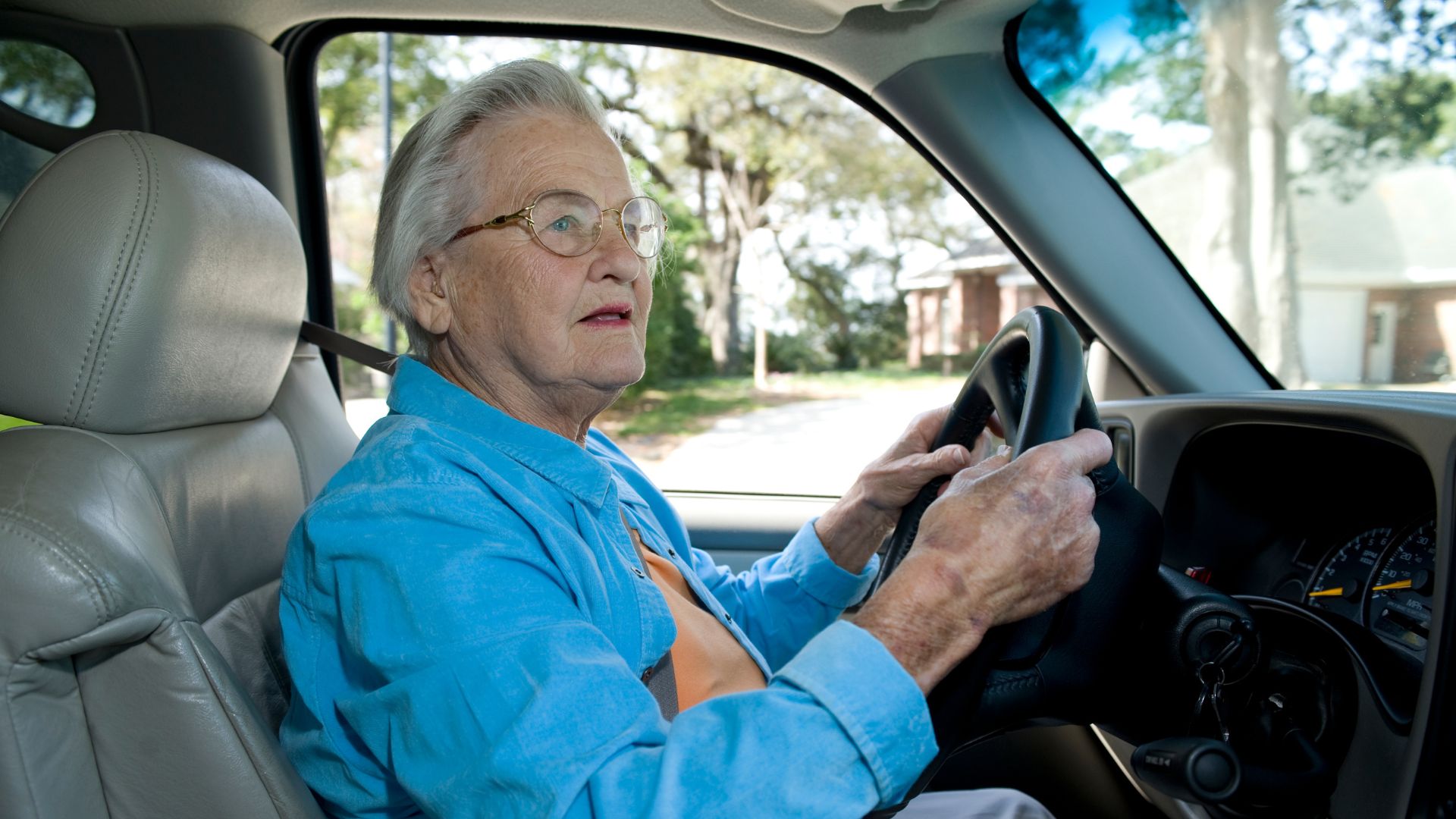Safe driving tips for elderly drivers are more important now than ever before. As we age, our driving habits, physical health, and confidence behind the wheel may all change—but that doesn’t mean we have to hang up the car keys just yet.
For many older adults in the UK, driving means freedom. Whether it’s visiting loved ones, heading to the shops, or exploring the countryside, the ability to drive gives us independence and flexibility. However, staying safe requires a little more awareness and regular check-ins with ourselves. In this article, we’ll walk through everything from assessing your driving ability and eye health, to practical tips that can help you stay in control and enjoy the road safely.
Honest Self-Assessment: Is Your Driving Still Up to Scratch?
It’s normal to develop new habits behind the wheel over time. Some make us safer; others may put us at risk without us realising. That’s why a gentle self-check now and then can be helpful.
- Have you had any close calls recently?
- Do you feel more anxious in traffic than you used to?
- Are you slower to respond to sudden stops or changes in traffic?
- Have family or friends expressed concerns about your driving?
- Are you avoiding certain roads, times of day, or weather conditions?
These could be signs that a refresher or review might be helpful. There’s no shame in this—just the opposite. Taking responsibility shows you’re being a careful, conscientious driver.
Consider a Driving Review
In the UK, organisations such as IAM RoadSmart offer friendly, non-judgemental assessments for older drivers. These are confidential and designed to help you build confidence and stay safe—not take your licence away.
The Crucial Role of Eye Health in Driving Safety
Driving relies on your eyes more than any other sense. Whether it’s reading road signs, spotting hazards, or checking your mirrors, good vision is absolutely vital. As we age, our eyes can change gradually, sometimes without us even noticing.
Why Eye Tests Matter:
- Changes in night vision make driving in the dark harder and more dangerous.
- Peripheral vision loss can prevent you from seeing cyclists or pedestrians.
- Sensitivity to glare (from headlights or low sun) can increase.
Get your eyes tested at least once a year. It’s quick, usually free for over-60s through the NHS, and ensures your prescription is up to date. Be sure to tell your optician you drive—they may check specific things like reaction to light and field of vision.
10 Practical Safe Driving Tips for Elderly Drivers
Let’s get into the core of this article: practical, everyday strategies to help you stay confident, alert, and in control on the road. These safe driving tips for elderly drivers are tailored specifically for senior drivers in the UK.
- Drive During Daylight Whenever Possible
Visibility is naturally better. Reduces the risk of glare or fatigue. - Avoid Peak Traffic Times
Roads are quieter mid-morning and mid-afternoon. Less stress and fewer impatient drivers around you. - Plan Your Routes Ahead of Time
Use apps or sat navs for traffic updates. Stick to familiar roads if you’re unsure. - Keep Your Car Well Maintained
Regular servicing and tyre checks reduce breakdown risks. Clean mirrors and windows improve visibility. - Sit Comfortably and Check Mirror Angles
Adjust your seat height and back support. Wide-angle mirrors can reduce blind spots. - Keep Your Driving Skills Up to Date
Refresher lessons aren’t just for new drivers. Courses for senior drivers are available and often enjoyable. - Take Breaks on Longer Journeys
Stop every 60–90 minutes. Stretch your legs and rest your eyes. - Be Aware of Medication Side Effects
Some medications cause drowsiness or slow reaction time. Always read labels or ask your pharmacist. - Use Simple Tech to Help You
Parking sensors, dash cams, or navigation aids reduce stress. If unsure, ask a family member to show you how they work. - Know When to Say ‘I Need Help’
There’s no shame in asking for a lift or exploring alternatives to driving. Safety always comes first.
When Driving Becomes Too Stressful: What Next?
Even with all the safe driving tips for elderly drivers in mind, there may come a time when driving becomes more of a worry than a convenience. If driving feels overwhelming, you’re having frequent near-misses, or you’re feeling panicked behind the wheel, it may be time to consider reducing how much you drive—or even stopping altogether.
That doesn’t mean giving up your independence. You might:
- Use local transport (many councils offer senior passes).
- Ask friends or family for occasional lifts.
- Try community or volunteer-run transport schemes.
- Use discounted taxi cards available in some regions.
Giving up driving can be emotional, but it can also open doors to new routines, friendships, and activities closer to home.
Final Thoughts
Staying safe on the road is possible at any age. With regular check-ins, proper eye care, and smart driving habits, older drivers in the UK can continue to enjoy the freedom and joy of driving—safely and confidently.
Safe driving tips for elderly drivers aren’t about limiting your freedom—they’re about extending it by keeping you secure, capable, and aware.
Additional Resources
Here are some trusted UK-based resources to help you stay safe, confident, and informed behind the wheel:
- Age UK – Driving advice for older people – Practical advice and links to senior travel support services.
- IAM RoadSmart Mature Drivers Review – A friendly, confidential way to check your driving skills.
- RAC – Tips for older drivers – Clear and simple safety guidance for senior drivers.
- GOV.UK – Driving and medical conditions – Understand how your health affects driving legally and safely.
- Older Drivers Forum UK – A hub for information, advice and support tailored for older motorists.
- Roadwise – Older Drivers – Learn how to assess your driving and get tailored tips.
However long you’ve been driving, there’s always support to help you stay safe, confident, and mobile. Keep checking in with yourself—and enjoy the journey.

